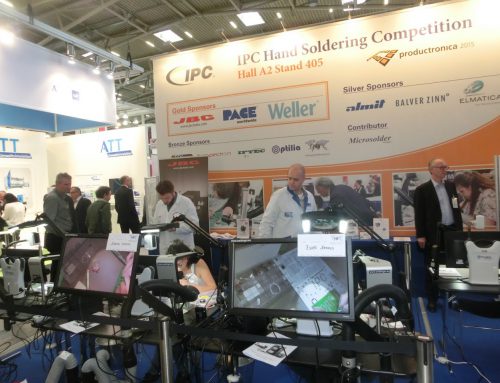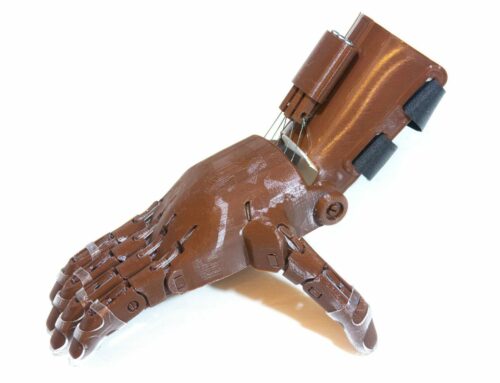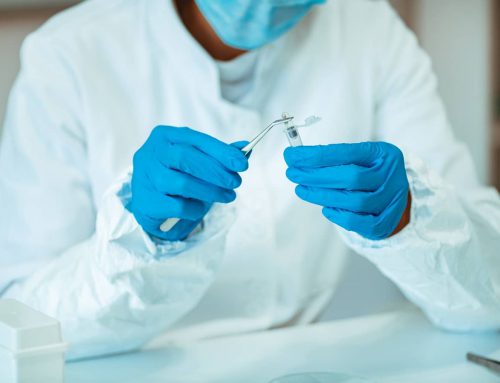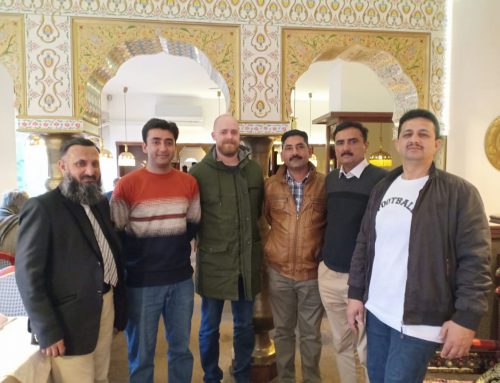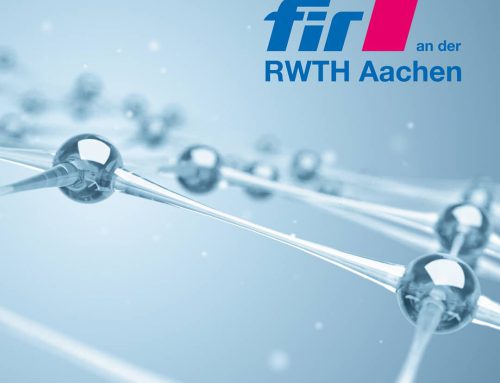Imagine that it is 2026 and we look back at 2016. Why on earth did we all want an iPhone7? In ten years’ time a drone rather than a phone will be the prime wanna-have. Drones will be omnipresent and they will be easier to make. Currently big companies such as Google, Boeing, Amazon and Lockheed are already investing heavily in drone technology.
How will drones be used? The possibilities are endless. The transport sector and packet delivery companies would be key users. Rolls Royce already has a strategy for so-called drone ships. Such ships do not need a crew on board, as they are operated from a land-based station, which means that there is more room for freight. Rolls Royce expects to have such ships in operation in about five years. Drone ships may not only be used to transport goods, but they may serve to do research, perform dangerous missions or engage in rescue actions.
Package deliveries will be done by drones in the future, not necessarily by flying through the air but by making use of the whole city infrastructure. The drones could be mobile fridges, moving along pavements, provided with all sorts of gadgets, such as cameras. Such a fridge can only be opened with an app by the targeted recipient. If a fridge is illegally opened, the sender gets a signal and the picture of the criminal is instantly made public.
Drones are going to make our lives easier, but before they do, the technical connections industry will have to take many a hurdle. One important hurdle is the quality of the products and the people developing and assembling the products. PIEK, the preferred educator in the electronic connections industry, is ready to help you obtain this desired quality. PIEK is one of the few IPC educational centres offering the complete range of IPC courses and authorised to offer the IPC Validation Services. If you want to know more about PIEK’s services, please go to PIEK’s website.


